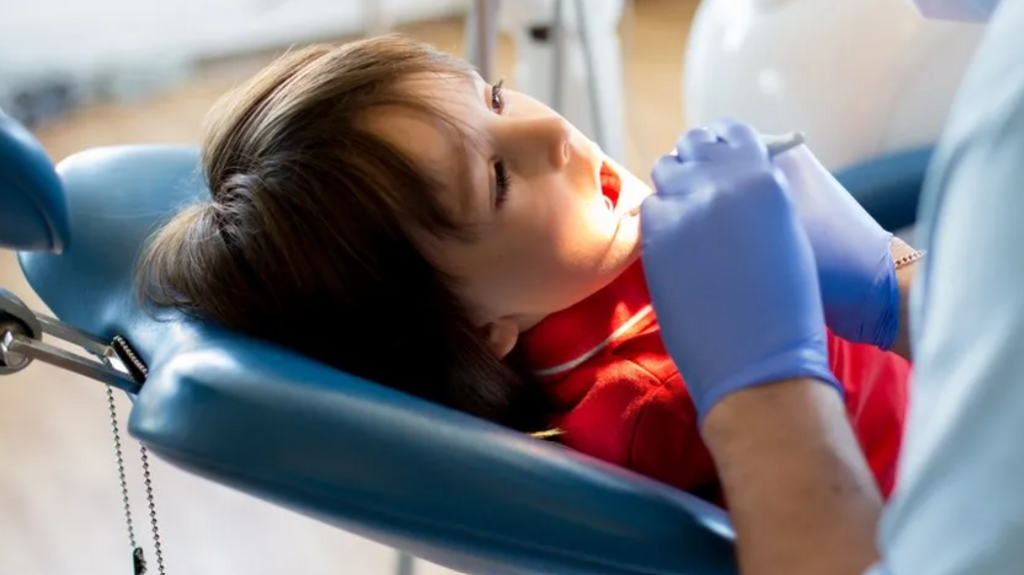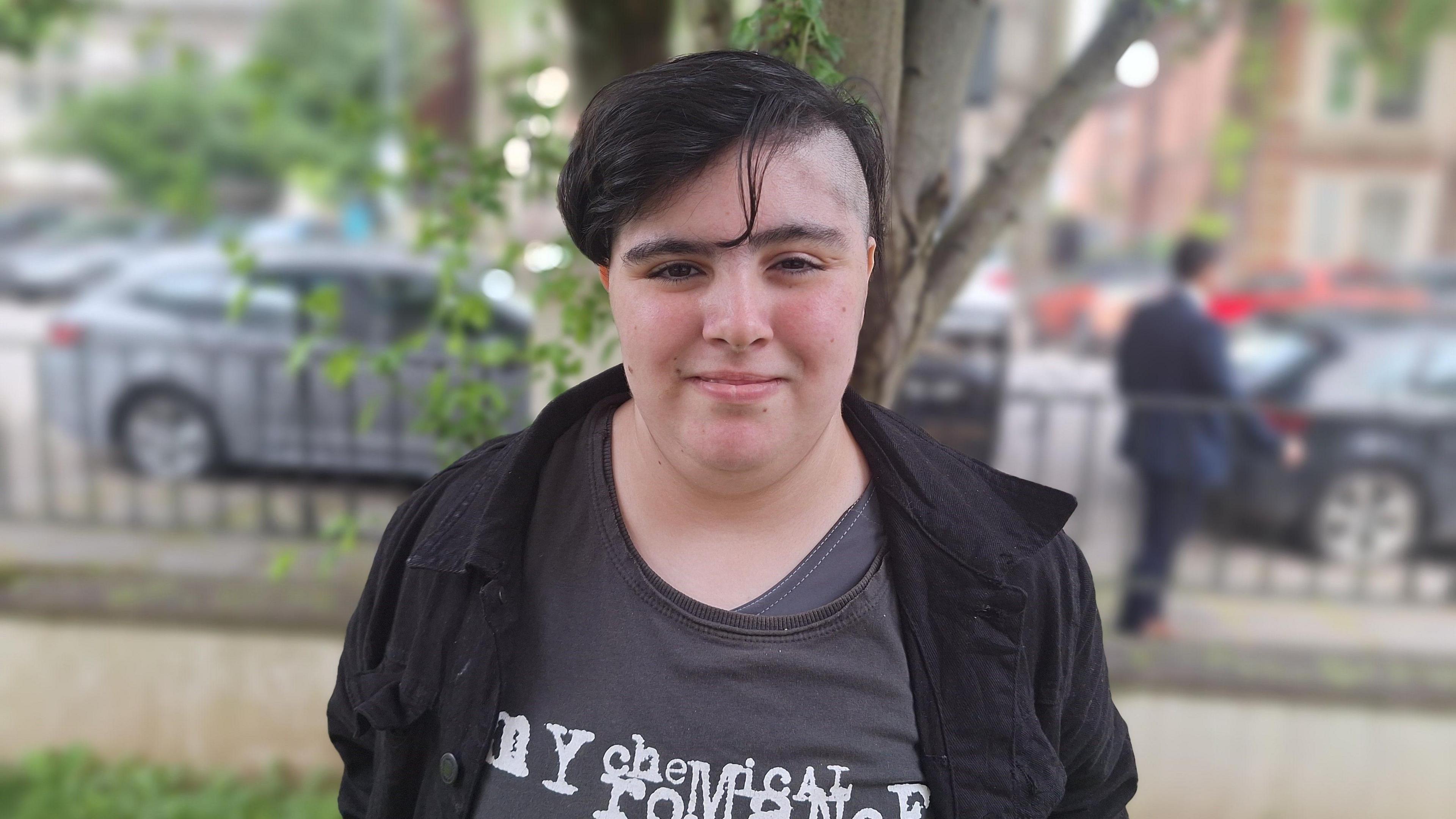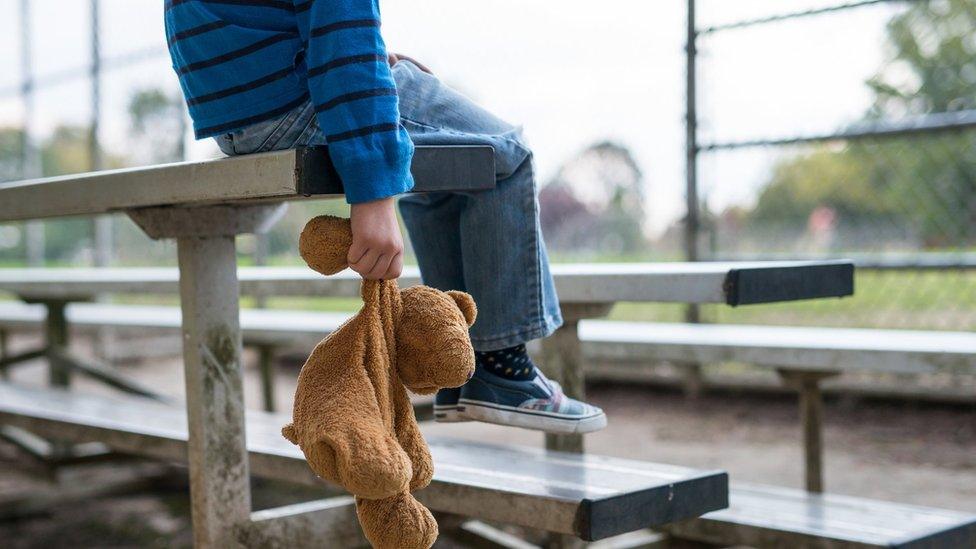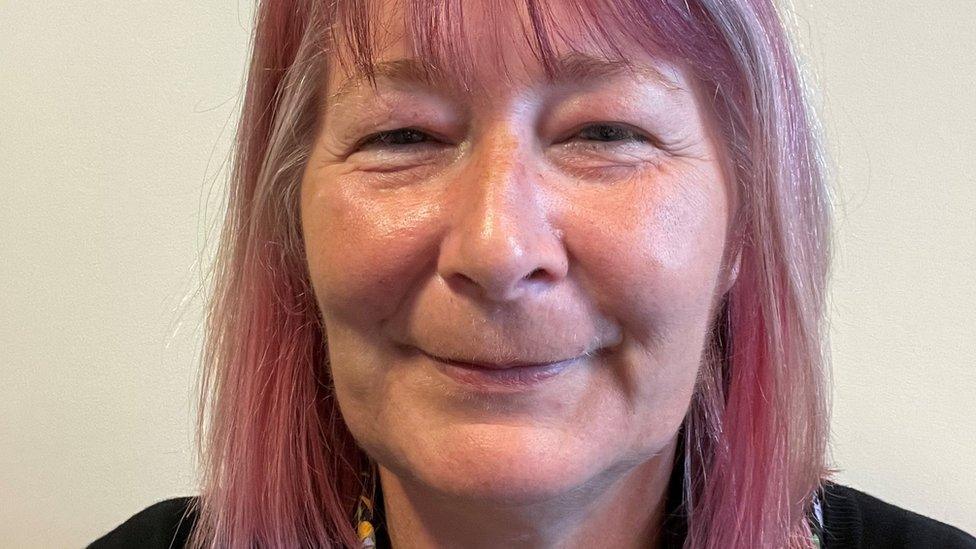Urgent action call on 'grim' state of child health

Medical professionals say they're seeing children's health worsening every day, including tooth decay
- Published
Health professionals are calling for urgent action on the “grim” declining state of children’s health in Wales.
Medical professionals from 20 organisations have signed a joint letter to the first minister, calling for steps to address problems such as obesity, mental health and tooth decay.
Meanwhile, new figures from Public Health Wales show improvements in child obesity in Wales and some of the most encouraging data for a decade.
The Welsh government said it was committed to improving health services.
Children 'deserve better' healthcare
- Published23 January 2018
Under fives betrayed as health declines - experts
- Published5 February 2024
Dr Nick Wilkinson, Wales officer for the Royal College of Paediatrics and Child Health, external, said the situation is “undoubtedly” getting worse.
“Every day in clinics I see increased levels of distress, increasing amounts of tooth decay - that’s a normal part of our examination and advice now - and an increase in school absence as a result of health conditions,” said Dr Wilkinson.
The signatories have created the Welsh Royal Colleges Child Health Collaborative (WRCCHC), which Dr Wilkinson said aims to work with the Welsh government and NHS to “redesign care and really prioritise the wellbeing of children and young people, who are our future generation”.
It comes after recent reports from the Academy of Medical Royal Colleges, external and the Academy of Medical Sciences which highlighted the disproportionate effect of poverty on children’s health.
"It makes for grim reading," Dr Wilkinson told BBC Radio Wales Breakfast.
“The impacts of austerity have been huge, and then latterly the cost of living crisis, the pandemic. All of this has contributed."
He added poverty was affecting 29% of children, 21% of working-age adults and 16% of pensioners.
“It makes for really grim reading, but this is a complex and difficult problem to solve, and there’s no quick fix," he said.

Dr Nick Wilkinson says the signatories want to work with the Welsh government to prioritise early intervention in health
Pippa Cotterill, head of the Wales office at the Royal College of Speech and Language Therapists, said the pandemic had “a huge impact on the lives of children and young people”.
“There has never been a greater need for professional organisations to come together to push for improvements,” she said.
This was echoed by chairwoman of the Royal College of General Practitioners Wales, external Dr Rowenna Christmas, who said children’s health must be taken seriously.
She added: “We have a duty to preserve the health and wellbeing of our children and young people, and as healthy children become healthy adults, there is a strong economic argument for this.”
Dr Wilkinson said: “One pound spent on young people’s health care, especially in the early years, equates to £10 yield in the health economy later on.
"So there’s cost effectiveness to this. But equally we need a greater discourse. It’s not just about health, it’s also about wellbeing.”
'Early intervention and prevention'
He said the group believed the Welsh government wanted to focus on children’s wellbeing, “but there is more to do”.
“We just want to refocus to early intervention and prevention. We need more innovation and tech specifically targeted at children and young people and the point of the collaboration is that we will sign up to this and develop a whole workforce plan that meets new changes in delivery of care,” he said.
The Welsh government said it was “committed to improving health services for children and giving them the best, healthy start in life”.
“We are investing in cutting waiting times and the number of children waiting more than two years for treatment has fallen by 75% since April 2022,” it said.
Sam Rowlands of the Welsh Conservatives voiced his party's support for the letter, and said the level of collaboration on the topic would be "difficult to ignore" for the Welsh government.
Meanwhile Sioned Williams from Plaid Cymru said the letter was a "stark warning" which should be a "wake-up call" for the Welsh government to address child poverty.
Meanwhile, new figures suggest there are fewer children who are obese in Wales, according to Public Health Wales (PHW). , external
An annual height and weight check for 30,000 children starting school found 24.8% were either overweight or obese.
This is the lowest proportion for a decade – and statistically significant, according to the PHW analysis.
These results from the 2022-23 Child Measurement Programme are the first full set of reliable measurements since before the Covid pandemic.
Back in 2018-19, 26.9% of four and five-year-olds were overweight or obese.
The proportion of young children found to be obese is also falling.
There were 11.4% classed as obese, compared to 12.6% in 2018-19.
However, Wales is still lagging behind England (9.2%) and Scotland (10.5%) on this measure.
At a local level, there were noticeable improvements in Gwynedd, Merthyr Tydfil and Bridgend.
Although there were increases in children classed as overweight or obese in Ceredigion, Rhondda Cynon Taf and Vale of Glamorgan since before the pandemic.
There are also still gaps between those from more deprived backgrounds, compared to those from least deprived backgrounds.
PHW says 74.3% of four and five-year-olds in Wales were a healthy weight – up from 72.4% in 2018-19.
- Published20 May 2024

- Published13 March 2024

- Published24 October 2023
